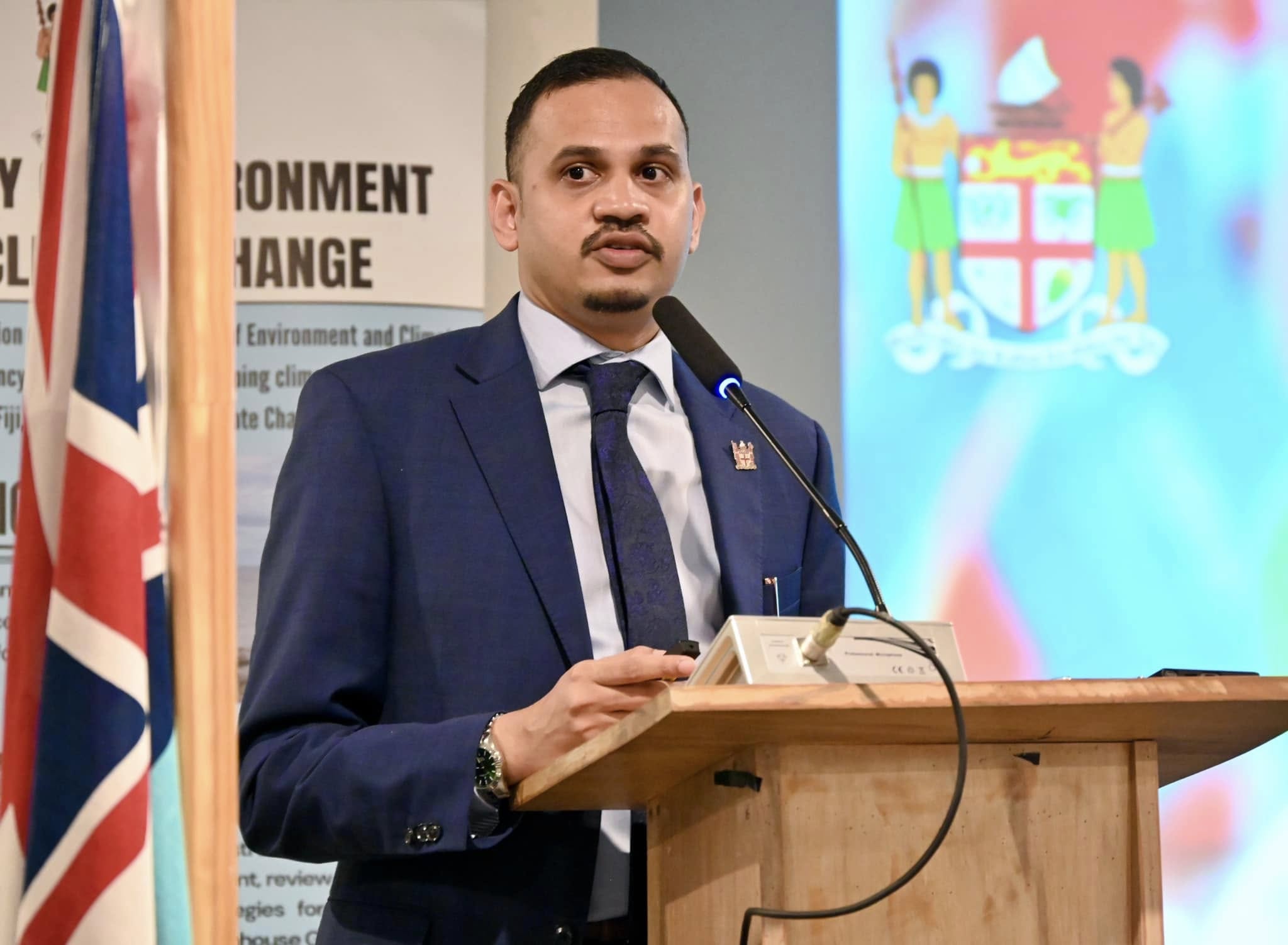FOR Fiji, the outcome of COP30 marks a major step forward in global climate action.
The world has finally agreed to cut greenhouse gas emissions, support workers transitioning to clean energy jobs, track progress on climate goals, and provide increased funding to help countries, including Fiji, adapt to the climate crisis.
The Fijian delegation, led by permanent secretary for Environment and Climate Change Dr Sivendra Michael, highlighted several key achievements as COP30 concluded in Brazil.
These includes the adoption of the Mitigation Work Program, the Just Transition framework, the Global Stock take, and a significant tripling of adaptation finance.
“The plenary with the presidency has adopted all decisions,” Dr Michael said.
“We have had intense discussions on a number of issues where there was no consensus.
“However, the Presidency has come through with a package, the Motirô decision, which is the cover decision accompanying a set of decisions across key agenda items.”
He noted that discussions continued from 7pm on Friday night (Saturday morning in Fiji) until the early hours of the morning (Sunday morning in Fiji), with closed sessions allowing countries to meet with the Presidency to resolve areas of divergence.
“Similarly, the Just Transition Work Program has not been agreed upon for the last five and a half years.
“Global Stocktake is another very sensitive one with vast areas of divergence. And most importantly, finance, which everyone back home is asking us about, has been agreed upon this morning with a package that includes tripling adaptation finance.”
While the final decisions mark a significant achievement, some initial concerns were raised regarding the wording of finance commitments.
During negotiations, some developed countries, including the EU and Australia, reportedly resisted specific references to past COP decisions in adaptation finance language, favouring softer phrasing such as “resolves to pursue efforts”.
Some climate policy analysts also warned that such language could weaken accountability, making it easier for countries to claim compliance without delivering concrete financial support.
Despite these concerns, the countries arrived at a crossroads with a COP30 package that represents a major milestone for Fiji and other vulnerable nations, providing new resources and frameworks to tackle climate change, support just transitions for workers, and ensure countries are held accountable for progress on global climate goals.
The Fiji’s delegation at COP30 has celebrated reaching consensus on key climate decisions, acknowledging the difficulties of international negotiations in today’s complex geopolitical environment.
Dr Michael, highlighted the challenges faced during the talks.
“Negotiation is not an easy process. It is increasingly challenging times that the world is faced with.
“The geopolitical tensions, the divide between groups is more complex now more than ever. Resources are so strained.
“Agreeing to decisions such as finance is getting incredibly hard.”
Dr Michael praised the efforts of the Fijian team, which worked through the night to ensure the country’s voice was heard.
“I am really proud of the team that reached consensus on their decisions, on their tracks, as well as the team that held the fort till the early hours of this morning.”
He also extended gratitude to those supporting Fiji from home.
“To all of those that have continued to champion our voice and pray for us, wholeheartedly and-humbly thank you from Team Fiji.”
Next year’s climate conference is expected to be held in Türkiye with the Pre COP to be held in Australia.



